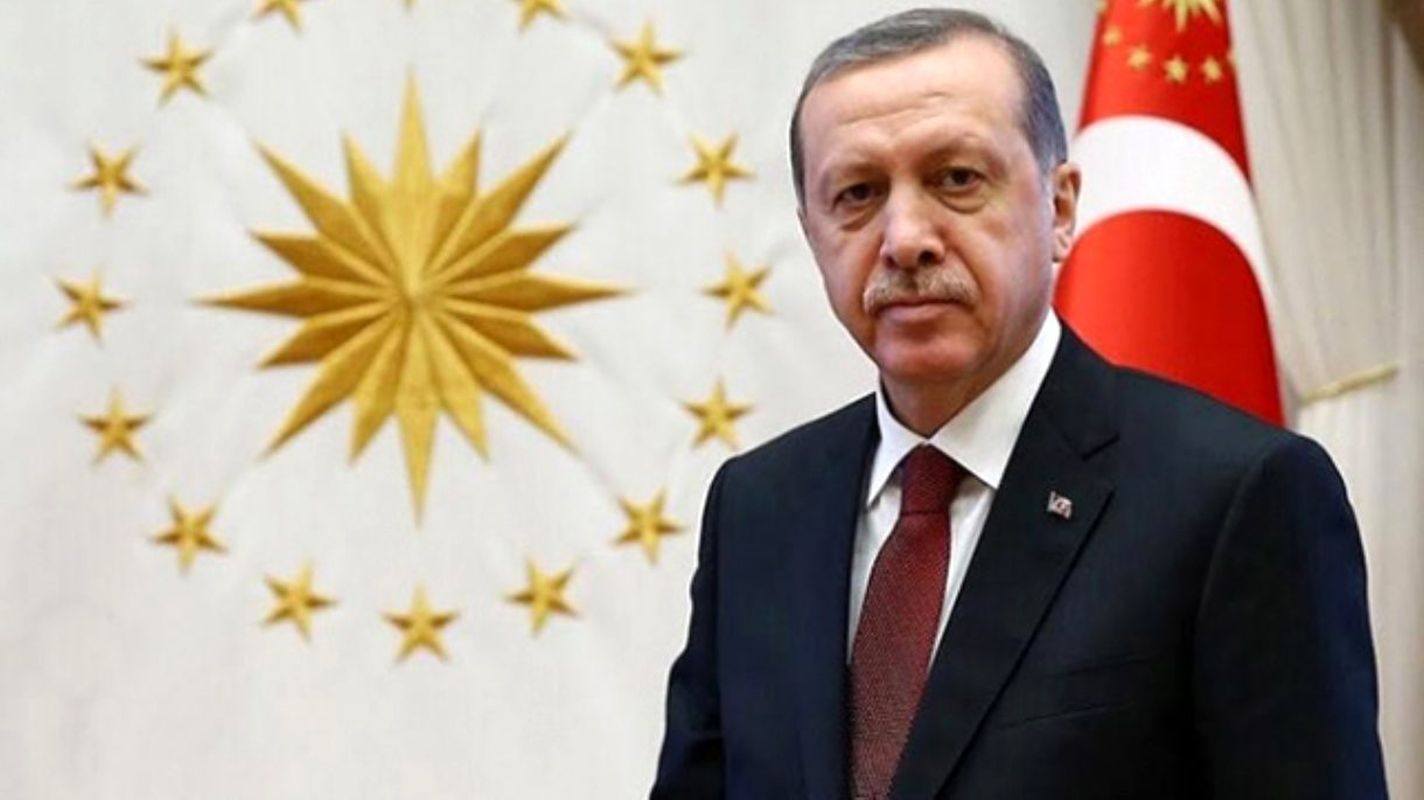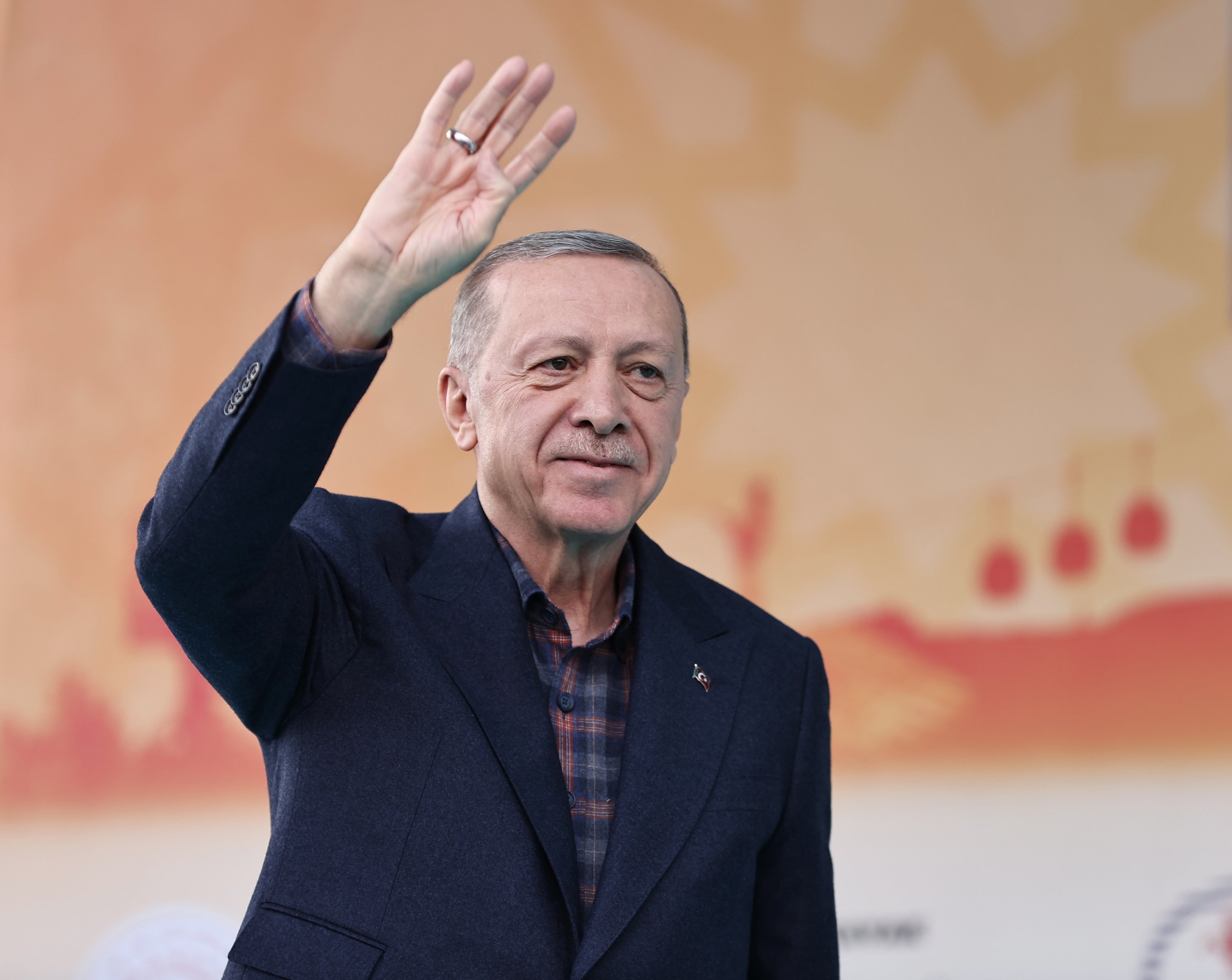It's really quite natural, isn't it, for people to wonder about the financial standing of prominent public figures, especially those who have held significant power for a long time. So, when we talk about someone like Recep Tayyip Erdoğan, the President of Turkey, questions about his personal wealth, and what it might look like in 2025, are very much on many people's minds. This sort of curiosity isn't just about gossip; it often comes from a deeper interest in transparency, how leaders manage their personal finances while serving the public, and the broader economic landscape of their country.
For those who follow global politics or have an interest in how national leaders are compensated and what assets they hold, this topic, you know, can be a really interesting one. There's a lot of discussion around the sources of wealth for political figures, particularly in nations with dynamic economies and complex political systems. Understanding the general context of these discussions, and the challenges in getting precise figures, is actually a big part of the conversation when we consider a topic like Recep Tayyip Erdoğan's net worth in 2025.
This article aims to shed some light on the various aspects that shape these conversations, looking at the public information available and the general challenges in assessing the wealth of public officials. We'll explore the factors that people often consider when trying to estimate such figures, and why getting a definitive number, particularly for a future year like 2025, can be, well, quite a complex task. It's about looking at the bigger picture, really.
Table of Contents
- Biography and Personal Details
- The Nature of Political Finances
- Sources of Discussion and Speculation
- Economic Factors and Future Outlook for 2025
- Challenges in Estimating Wealth
- Frequently Asked Questions
- Looking Ahead to 2025
Biography and Personal Details
Recep Tayyip Erdoğan has had a really long and impactful career in Turkish politics, starting from his days as the Mayor of Istanbul and then serving as Prime Minister before becoming President. His journey, you know, is a very public one, and his political actions have certainly shaped modern Turkey. People often look at a leader's entire career when thinking about their financial standing, considering the various roles and responsibilities they've held over the years. It's a way of trying to piece together the broader story.
Understanding a bit about his background helps set the stage for any discussion about his finances. He was born in Rize and grew up in Istanbul, coming from a relatively humble background. His rise to power, in a way, is a story of political persistence and strategic leadership. These personal details, while not directly financial, sometimes provide context for the public's interest in the wealth of individuals who achieve such high office. It's just part of the overall picture people try to form.
Here's a brief look at some of his personal details:
| Full Name | Recep Tayyip Erdoğan |
| Date of Birth | February 26, 1954 |
| Place of Birth | Kasımpaşa, Istanbul, Turkey |
| Spouse | Emine Erdoğan |
| Children | 4 |
| Political Party | Justice and Development Party (AKP) |
| Current Role | President of Turkey |
The Nature of Political Finances
When we talk about the net worth of a political leader, it's a bit different from discussing, say, a business person's wealth. Political figures receive salaries, certainly, and they might have assets from before they entered public service, or from investments made over time. However, there's often a veil over the precise details of these finances, which can lead to a lot of public discussion and, well, some speculation. It's just the nature of the beast, in a way, for high-profile positions.
Public office holders, particularly heads of state, usually have their salaries and benefits set by law. These figures are generally known, but they represent only one part of a person's overall financial picture. There are also things like pensions, allowances, and any private assets they held before taking office. For someone like President Erdoğan, who has been in public life for decades, these elements can add up and become part of the ongoing conversation about his financial standing. People are often curious about how these pieces fit together, you know.
Transparency around political finances is a topic of global interest, and different countries have different rules about what must be disclosed. Some nations have very strict disclosure requirements, while others are less open. This variation means that trying to get a clear picture of a leader's wealth can be, you know, quite a challenge depending on where they are. It's not always as straightforward as looking up a company's financial report, for instance.
Sources of Discussion and Speculation
Discussions about the net worth of public figures, especially those in powerful positions, often arise from a mix of official disclosures, media reports, and sometimes, well, a bit of rumor. For someone like President Erdoğan, there have been various reports over the years from different sources attempting to estimate his wealth. These reports can vary wildly, which just goes to show how hard it is to get a definitive figure, you know.
Some of the discussions center on family assets, properties, and any business interests that might be connected to family members. It's a common area of focus when people try to understand the broader financial picture of political families. These connections, you see, can sometimes lead to questions about conflicts of interest or the origins of wealth, which is why they are often brought up in public conversations. It's a natural part of the scrutiny that comes with public life, basically.
Public records, when available, can offer some clues, but they often don't paint a complete picture. For instance, property records might show ownership, but not necessarily the full value or how it was acquired. This lack of complete information is often what fuels the ongoing debate and, in some respects, the speculation that surrounds these kinds of topics. It's just how it tends to be when there are gaps in publicly available data, as a matter of fact.
Economic Factors and Future Outlook for 2025
Looking ahead to 2025, any discussion about an individual's net worth, especially one tied to a nation's economy, has to consider the broader economic climate. Turkey's economy, you know, has seen its share of ups and downs, with periods of strong growth and also moments of significant challenge. These economic shifts can certainly influence the value of assets, whether they are private investments, properties, or other holdings. It's a very dynamic situation, really.
Factors like inflation rates, currency fluctuations, and the overall health of the real estate market in Turkey will play a role in how any assets might be valued in 2025. If someone holds significant property, for example, the value of that property can change quite a bit depending on market conditions. So, predicting a precise net worth for a future year like 2025 is, well, pretty much impossible without knowing exactly how these economic tides will turn. It's a bit like trying to guess the weather for a specific day a year from now, you know.
The global economic outlook also plays a part. International investment trends, commodity prices, and geopolitical events can all have ripple effects on national economies, and by extension, on individual wealth. So, when people try to think about what Recep Tayyip Erdoğan's net worth might be in 2025, they are, in a way, also thinking about the future of the Turkish economy itself. It's all quite interconnected, as a matter of fact.
Challenges in Estimating Wealth
Estimating the precise net worth of any public figure, particularly a head of state, is, frankly, extremely difficult. There are so many variables that are not publicly disclosed, and even if they were, the valuation of assets can be subjective and change over time. It's not like they publish a detailed balance sheet every quarter, you know, like a publicly traded company would. That makes it very, very hard to get a firm number.
One of the biggest hurdles is the lack of comprehensive, verified public records. While some countries require asset declarations, the level of detail can vary, and these declarations don't always capture the full scope of a person's financial situation, especially if assets are held through various entities or family members. This opacity, in a way, contributes to the ongoing mystery and public discussion. It's just how these things tend to work.
Furthermore, different methodologies for calculating net worth can yield wildly different results. Some estimates might focus only on publicly declared assets, while others might try to include speculative valuations of private businesses or properties. Without access to private financial records and independent audits, any figure presented is, well, more of an informed guess than a precise calculation. So, you know, take any specific number with a grain of salt, basically.
This challenge is not unique to President Erdoğan; it's a common issue globally when trying to assess the wealth of political leaders. The public's desire for transparency often clashes with the private nature of personal finances, creating a space for ongoing debate and, sometimes, misinformation. It's just a reality of the situation, as a matter of fact.
Frequently Asked Questions
How is a president's net worth typically calculated?
A president's net worth is usually estimated by looking at their declared income, any publicly known assets like real estate or investments, and sometimes, well, any known business interests they or their immediate family might have. It's a bit of a puzzle, really, trying to piece together information from various sources. Official salaries and benefits are usually a starting point, but the private assets held before or during office are often the most difficult to pin down. It's not a straightforward calculation, that's for sure.
What are the main challenges in determining a political leader's wealth?
The biggest challenges come from a lack of complete public disclosure and the complex ways in which wealth can be held. Assets might be in the names of family members, or held through private companies, making it very hard to trace. Also, the valuation of private assets like property or businesses can be subjective and change over time. So, getting a truly accurate figure is, well, pretty much impossible without full, verified access to all financial records. It's a bit like trying to see through a fog, you know.
Why is there so much public interest in a leader's net worth?
People are often interested in a leader's net worth because it relates to transparency and accountability. They want to know that their leaders are serving the public interest, not just their own financial gain. Questions about the sources of wealth can also arise, especially if there's a perception of rapid accumulation during public service. It's about trust, really, and ensuring that public office is not used for personal enrichment. This curiosity is, you know, a very common thing in democracies around the world.
Looking Ahead to 2025
As we look towards 2025, the conversation around Recep Tayyip Erdoğan's net worth will likely continue to be a topic of public interest. The exact figures will remain, well, a subject of estimation and debate, given the inherent challenges in assessing the wealth of high-profile political figures. What remains constant is the public's desire for transparency and understanding regarding the financial standing of those who hold significant power. It's a very persistent kind of question, you know.
The economic climate in Turkey, global geopolitical events, and any future policy decisions will all play a part in shaping the context of these discussions. While a precise numerical value for 2025 is not something that can be definitively stated, the factors that influence such discussions will continue to evolve. It's a dynamic situation, and people will keep watching, basically. For more general insights into the financial dealings of public officials, you might find information from organizations focused on global transparency quite helpful, like those found on a reputable news source, which often report on these matters.
Understanding these broader considerations is, in a way, more important than fixating on a single, elusive number. It's about the principles of public accountability and the ongoing conversation about how power and personal finances intersect. You can learn more about Turkish politics and economy on our site, and for a deeper look into the intricacies of public financial disclosures, you might want to link to this page explaining public office finances.



Detail Author:
- Name : Mrs. Virginia Ferry Jr.
- Username : halie36
- Email : koch.guillermo@harris.net
- Birthdate : 2005-12-11
- Address : 754 Elena Ramp Port Kathleenmouth, MD 41914
- Phone : +1.678.437.6469
- Company : O'Connell PLC
- Job : Bus Driver
- Bio : Laudantium et rerum praesentium deleniti. Qui nostrum autem repellat nihil. Ducimus quo cum quia aut.
Socials
tiktok:
- url : https://tiktok.com/@farrelll
- username : farrelll
- bio : Quod dolor consequuntur maxime et nobis nihil eaque.
- followers : 4934
- following : 807
twitter:
- url : https://twitter.com/lula103
- username : lula103
- bio : Sed nemo quia quod molestiae. Unde hic repudiandae velit architecto placeat modi. Velit molestiae et fuga aliquam magnam.
- followers : 5388
- following : 1119
facebook:
- url : https://facebook.com/farrell1997
- username : farrell1997
- bio : Modi qui corporis nihil ea. Fuga distinctio quas accusamus sequi fugit.
- followers : 3982
- following : 1338
linkedin:
- url : https://linkedin.com/in/lulafarrell
- username : lulafarrell
- bio : Harum ut sed et non illum dolorem.
- followers : 5453
- following : 205
instagram:
- url : https://instagram.com/lula4481
- username : lula4481
- bio : Quo accusantium nihil excepturi cumque autem corrupti. Enim aut tempore accusamus vel.
- followers : 1733
- following : 909